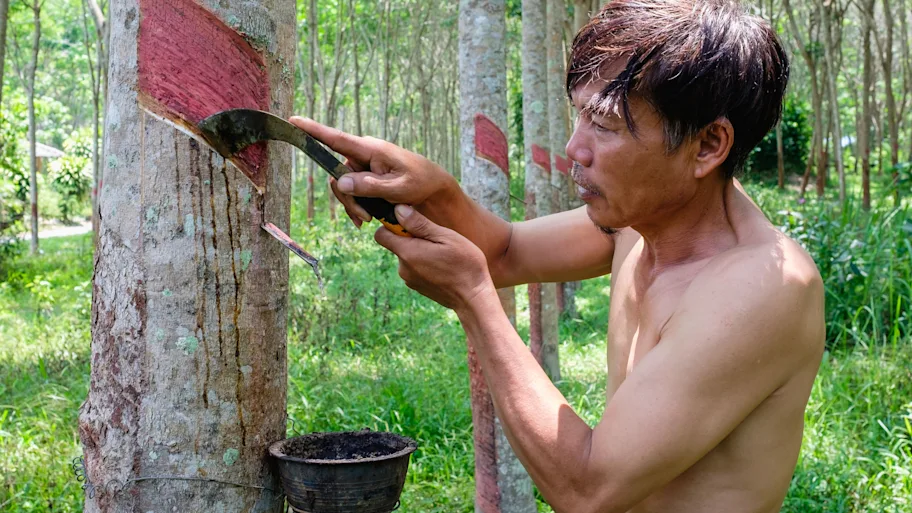
- Science News
- Frontiers news
- New sections launched in Frontiers in Forests and Global Change
New sections launched in Frontiers in Forests and Global Change

by Tim Gardner
Frontiers in Forests and Global Change is launching three new Specialty Sections, which are now open for submissions:
Forest Soils led by Stephan Hättenschwiler and Frank Hagedorn
Forest Hydrology led by Steven McNulty and Kevin McGuire
Forest Disturbance led by John Healey and Aaron Shiels
Forest Soils aims to further study all aspects of its namesake, from seasonal and daily fluctuations to timescales involving the millennia of geology that shaped the soils of our forests. Forest soils are a fundamental aspect of forest science, linked with biological processes driven by the astounding biodiversity in forests. Led by Stephan Hättenschwiler and Frank Hagedorn, this section aims to bring together many scientific disciplines to further investigate the processes of soil physics, chemistry, biogeochemistry, biology, and ecology.
Linking neatly with this section is Forest Hydrology, which will focus on the interplay between the world’s forests and the hydrological processes that are inextricably intertwined with them. With drought and flooding becoming an increasingly pressing concern in many countries, it is more vital than ever to understand the way which our forests interact with the water cycle. Led by Steven McNulty and Kevin McGuire, this section welcomes contributions addressing hydrological processes that examine water distribution, storage, and fluxes in forests; factors that affect the quality and yield of water from forests.
Designed to complement the extant Fire and Forests section is our third addition, ForestDisturbance. Forests are dynamic ecosystems, with complex patterns of change, many of which are inextricably linked to disturbance. Given the impact of climate change and human activity on these diverse sources of disturbance, this is a critical time for forest disturbance research. Led by John Healey and Aaron Shiels, this section especially welcomes research that provides mechanistic understandings of responses to disturbance by forest biota, ecosystem processes, and forest dynamics.
These new sections are aimed at addressing the UN Sustainable Development Goals on Responsible Production and Consumption, Life on Land, and Climate Action, amongst others. Now open for submissions, these sections will stimulate scientific communication in important areas of sustainability, and in this way will contribute to a better future for our forests.
Follow Frontiers in Forests and Global Change on Twitter and sign up for our article alerts to be the first to receive new research and updates.
Frontiers journals have some of the highest citation rates. Among the world’s 20 largest publishers in 2017, Frontiers ranks 4th most-cited with an average of 3.65 citations per article. In total, Frontiers articles have received more than 700,000 citations to date.






